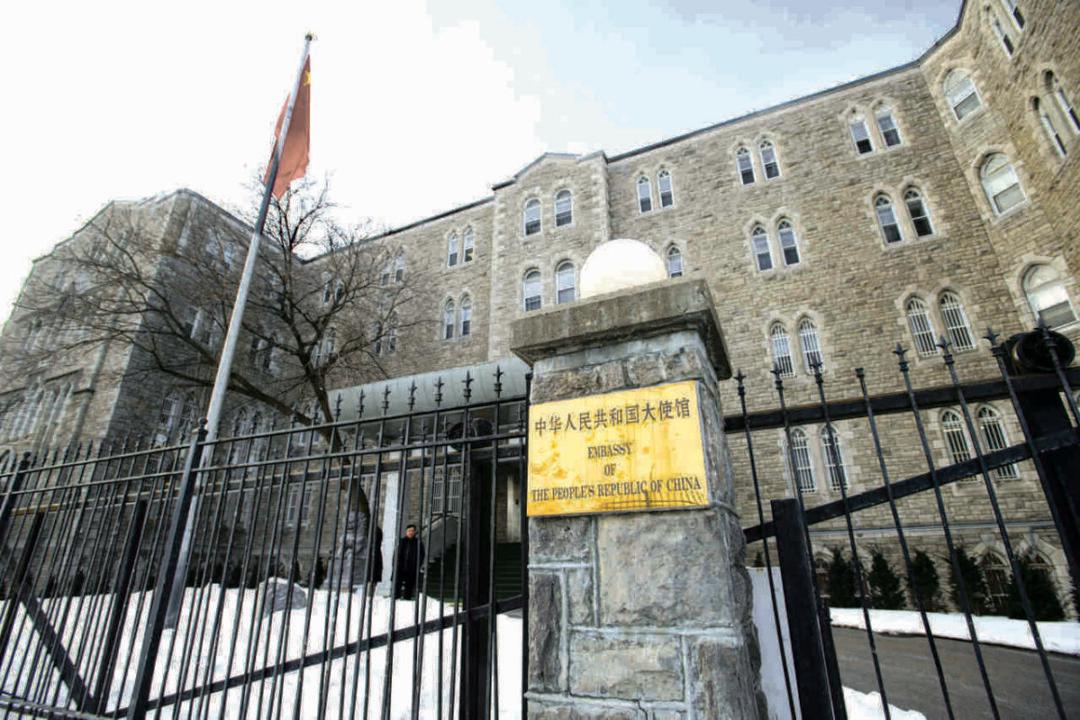An investigation into allegations that communist China is operating unofficial overseas police stations in Canada is underway, officials say.
Testifying before the parliamentary Canada-China committee on Oct. 4, Weldon Epp, director general for Global Affairs Canada’s North Asia and Oceania Bureau, said should the allegations be proven true, the activity would “fall outside of any legitimate police-to-police liaison role” between the two countries, and that Ottawa would make “serious representations” to Beijing.





